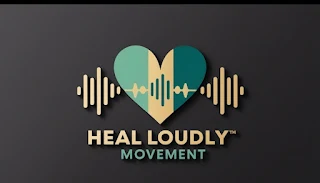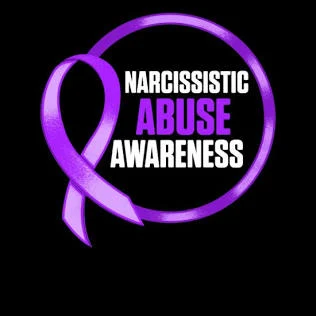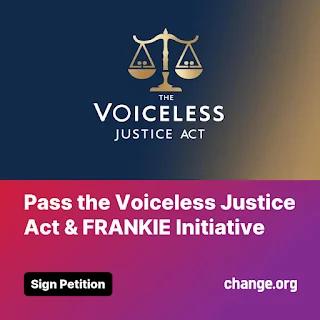🎥 Series Title:
“Tactics of Psychological Warfare: How Narcissists Break You Like the CIA”
The 100 War Tactics of Narcissistic Abuse
By Daniel Ryan Cotler
“This Is Psychological Warfare Not a Breakup”
This isn't drama. This isn't a messy relationship. This is psychological warfarebthe kind designed by intelligence agencies to break prisoners of war.
And narcissists are using it. Every single day.
They're not just toxic. They're tactical. Every mood swing, every silent treatment, every gaslighting session is not random. It's programmed. It's calculated. It's a weapon.
These tactics come directly from CIA interrogation manuals, KGB psychological operations, and military torture programs. And survivors of narcissistic abuse are living through this hell silently, invisibly, every single day.
And what happens when people don’t understand it? They tell us to “just move on.” They say, “it couldn’t have been that bad.” Survivors are left to question their own minds, feel crazy, isolate themselves, and collapse under the weight of confusion and shame.
This series will expose 100 psychological warfare tactics used by narcissists one by one so the world can see the full truth. Because this isn’t a personality disorder gone rogue. This is a methodical destruction of identity. A systematic erasure of the self. A soul-level genocide.
And we’re done being quiet.
This is the beginning of a movement. This is the call to every survivor who was ever gaslit into silence, into shame, into suicide.
Follow the series. Share the truth. And support the Voiceless Justice Act at www.change.org/VoicelessJusticeAct.
This is war. But this time, we’re fighting back.
Tactic 1: Sleep Deprivation Weaponizing Exhaustion
Sleep deprivation is one of the most powerful torture methods ever documented. The CIA's own KUBARK interrogation manual, used to break down prisoners of war, outlines it clearly: deny someone sleep long enough, and you can make them confess to anything, believe anything, forget who they are.
Narcissistic abusers use this same tactic without a prison, without a cage, and without a single weapon. Just your bed. Just your brain.
They pick fights late at night. They create chaos as soon as your body starts to rest. They accuse you of cheating at 2am. They storm into the room yelling when they know you have an early shift. And they do it again. And again. And again.
Why? Because sleep deprivation doesn’t just make you tired it makes you vulnerable. It dismantles your ability to think critically. You can’t focus. You can’t regulate your emotions. You become foggy, confused, compliant. You forget what’s real. You start to break.
When you’re deprived of sleep for long enough, your brain literally starts to malfunction. You experience memory loss. Impaired decision-making. Emotional instability. Your immune system weakens. You get sick more often. You lose your appetite. You gain weight or lose it rapidly. You cry for no reason. Or you stop crying completely.
It doesn’t stop there. Survivors often report terrifying episodes of sleep paralysis waking up frozen, unable to move, with hallucinations that feel demonic. That isn’t “drama.” That’s what the brain does under chronic trauma and exhaustion.
Your nervous system enters permanent survival mode. You live in fight-or-flight. Even in silence, even in safety, your body doesn’t relax. You flinch at night noises. You wake up sweating. You dread going to bed, because bed is now a war zone.
And when you finally get out of the relationship, your sleep still doesn’t come back. You stay wired. You stay exhausted. The trauma is burned into your nervous system.
This isn’t a spat. This isn’t toxic communication. This is psychological warfare.
Sleep deprivation is a crime against the mind. And in narcissistic abuse, it’s used to soften you up so you won’t notice the next lie, the next betrayal, the next manipulation. Because when your mind is too tired to fight back, the narcissist wins.
This is only one of 100 documented tactics used by narcissistic abusers that mirror war crimes and interrogation programs.
If you're a survivor, this is not your fault. You were broken down methodically.
If you're not a survivor, now you know. This is not a messy relationship. It’s an invisible battlefield. And too many people are dying on it without a single soul realizing they were ever at war.
This is psychological murder.
Support the Voiceless Justice Act and help us expose, criminalize, and eradicate psychological abuse.
👉 Visit www.change.org/VoicelessJusticeAct
Because silence is what they count on. And silence is what we’re ending.























